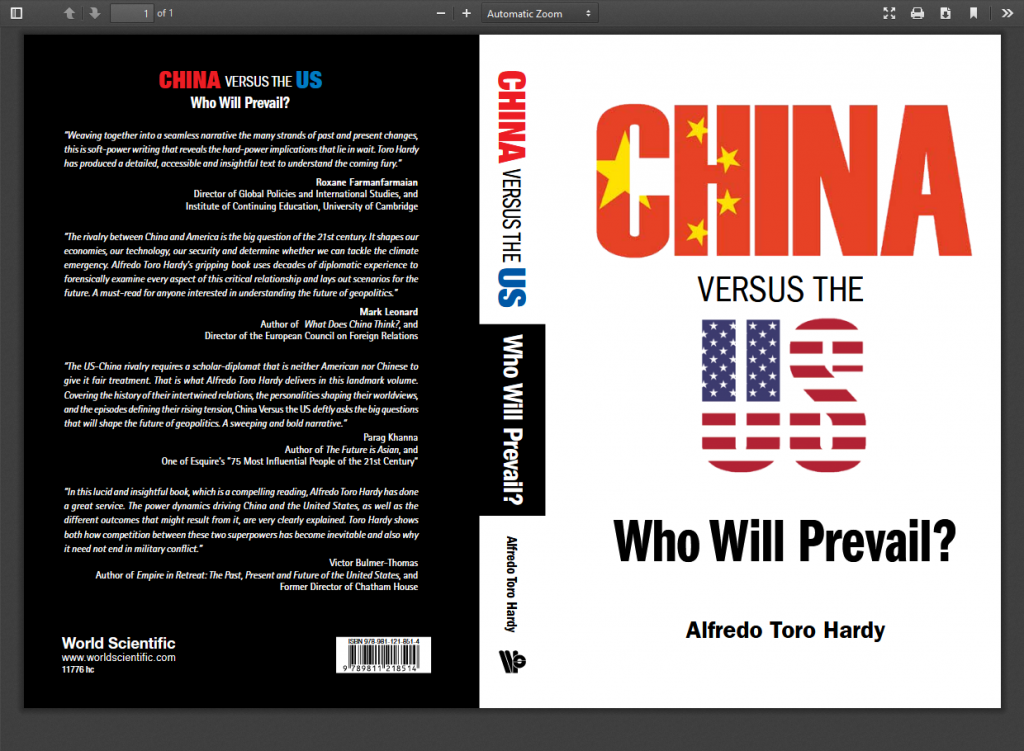A new GLO Discussion Paper provides worldwide evidence that poor labor market conditions as proxied by unemployment and involuntary part-time employment are associated with lower ‘subjective well-being efficiency,’ while social support, freedom, and the rule of law improve it.
The Global Labor Organization (GLO) is an independent, non-partisan and non-governmental organization that functions as an international network and virtual platform to stimulate global research, debate and collaboration.
GLO Discussion Paper No. 596, 2020
Sometimes your best just ain’t good enough: The worldwide evidence on subjective well-being efficiency – Download PDF
by Nikolova, Milena & Popova, Olga
GLO Fellows Milena Nikolova & Olga Popova

Milena Nikolova 
Olga Popova
Author Abstract: Most of the studies on subjective well-being focus on the determinants of absolute life satisfaction or happiness levels. This paper asks an important but understudied question, namely, could countries achieve the same or even higher subjective well-being by using the same resources more efficiently? We provide the first country panel evidence on whether nations efficiently transform their endowments (income, education, and health) into subjective well- being and which factors influence the conversion efficiency. Using data on 91 countries from 2009-2014, we find that that well-being efficiency gains are possible worldwide. We show that poor labor market conditions as proxied by unemployment and involuntary part-time employment are associated with lower ‘subjective well-being efficiency,’ while social support, freedom, and the rule of law improve it. These findings are useful to policymakers in helping identify inefficiencies, reducing wasteful resource use, and developing policies that promote sustainable development and human well-being. Our results are robust to a battery of sensitivity checks and raise policy-relevant questions about the appropriate instruments to improve subjective well-being efficiency.
GLO Discussion Papers are research and policy papers of the GLO Network which are widely circulated to encourage discussion. Provided in cooperation with EconStor, a service of the ZBW – Leibniz Information Centre for Economics, GLO Discussion Papers are among others listed in RePEc (see IDEAS, EconPapers). Complete list of all GLO DPs – downloadable for free.

Ends;



















